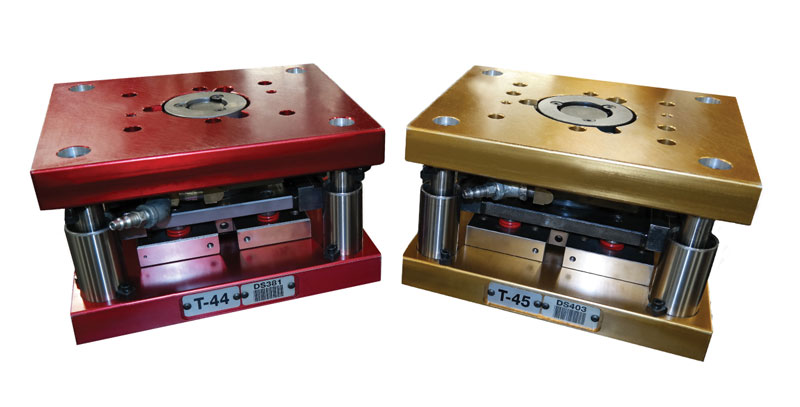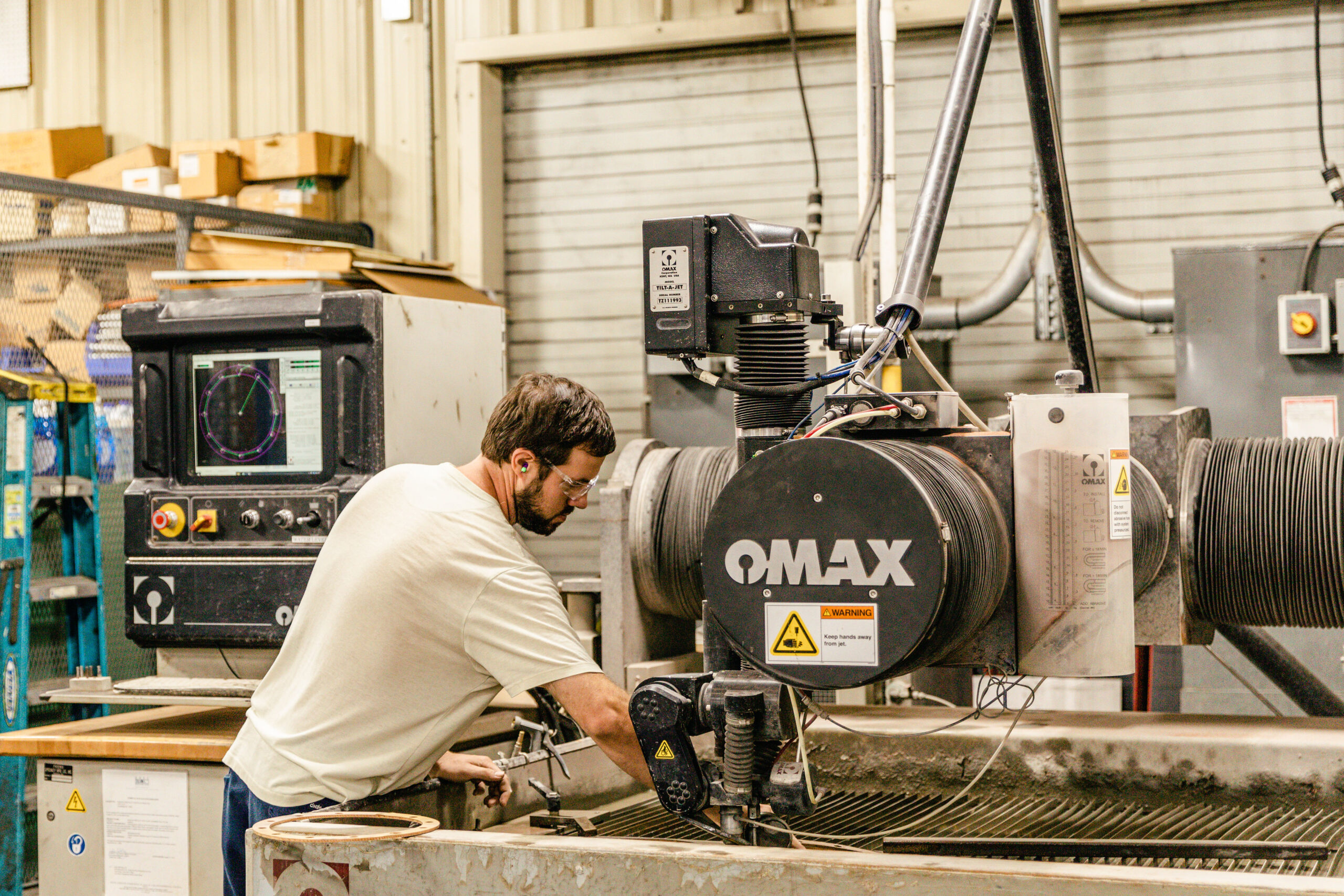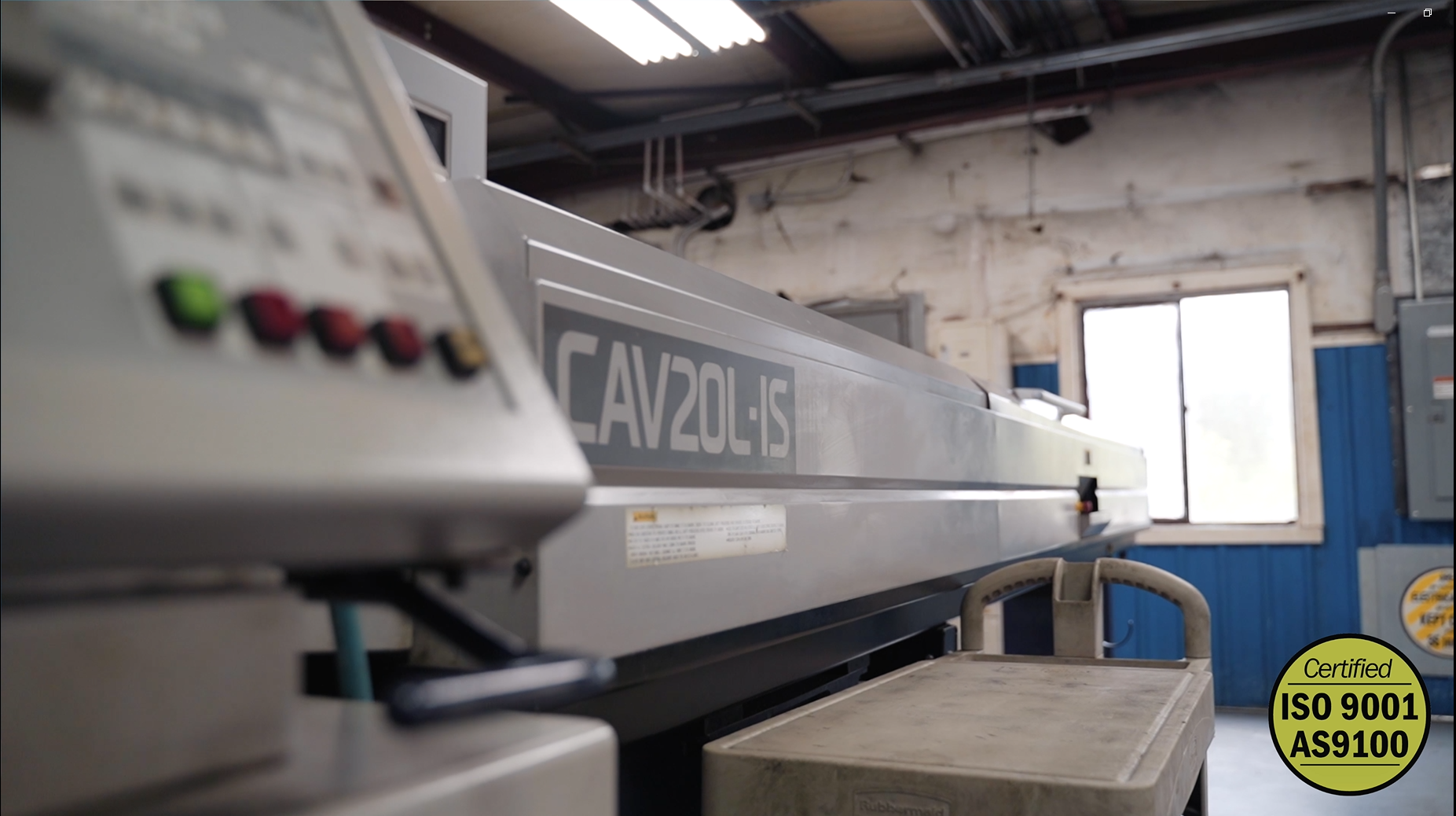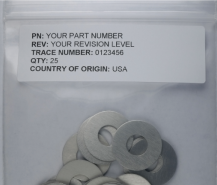Seals are among the most important parts of any system, which means that supplying you with the perfect seal is important to us.
Here at Phoenix Specialty, we work with OEM’s across the world from all industries, including agriculture, automotive, energy, and more. Our team of highly trained professionals incorporate the latest technology and innovative processing methods to ensure your custom seals are manufactured to perfect precision.
Need a thin seal in a low volume? No problem! We can manufacture custom seals down to .0005″ thick. We have an in-house tool & die shop, which means that short runs are easy for us. We can create your tooling in a matter of hours, and have your seals delivered to you quick!
Whatever your unique specifications and requirements are, we can create it. Our seals are all American-made, and we have over 300 raw materials on hand to choose from.
At Phoenix Specialty Manufacturing, we know that the difference between a project’s success and catastrophic failure can be measured in thousandths of an inch. When you need a seal to meet your exact measurements, we guarantee you will receive the product you need.




